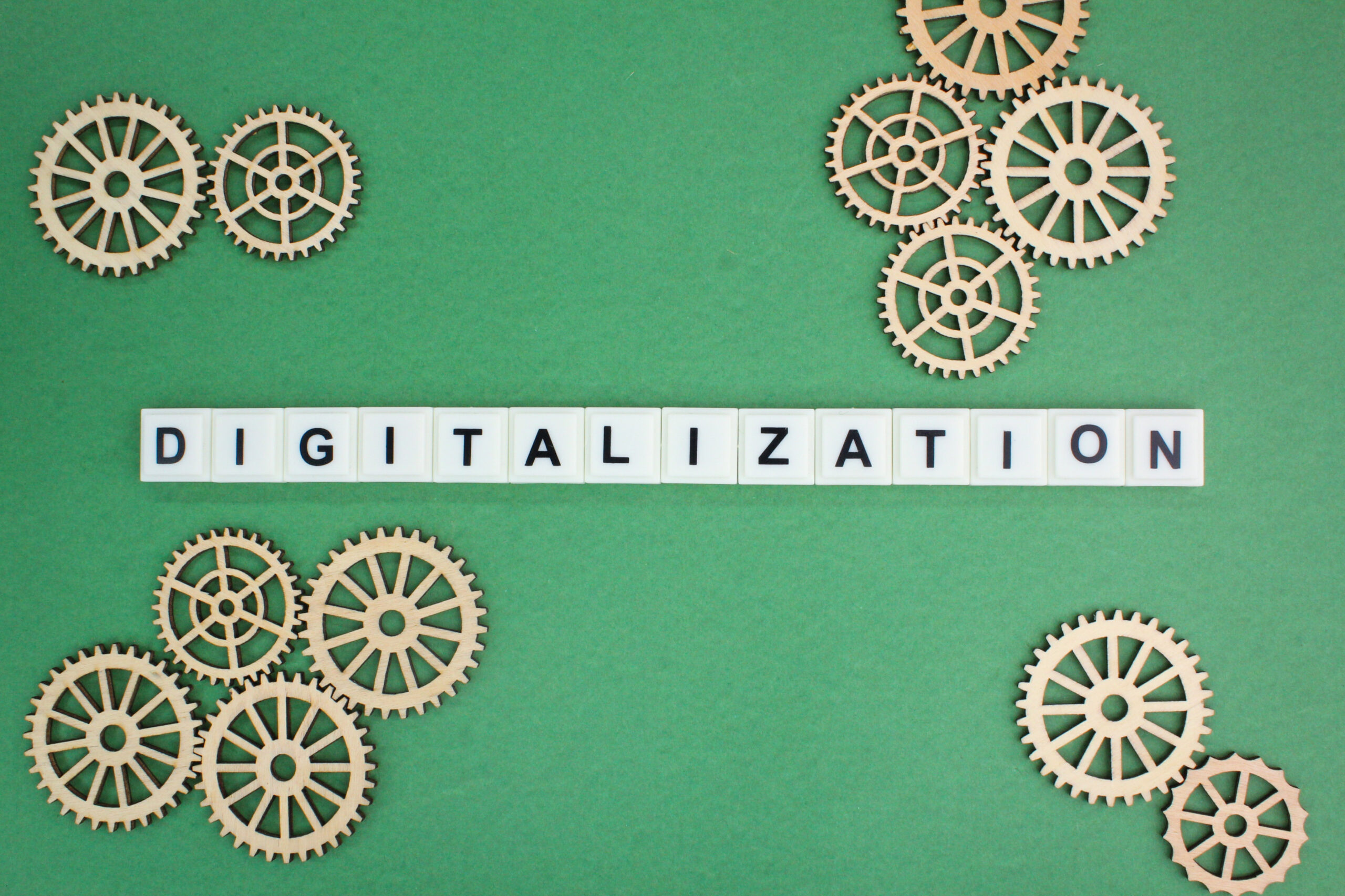If businesses want to successfully digital transform in 2023 must create a culture of innovation. That culture shift encourages employees meet change with an open and creative mindset that is firmly focused on the opportunity change provides. So, what 5 changes are needed to give businesses the best chance of success?
1. Communication, communication, communication. When you were a child did you ever sit in a car and wondered where you were going or if you were nearly here yet? Yes, me too. How did it feel when you asked were you nearly there yet only to be told nothing or to be told off? Well, how do you expect employees might feel if confused, upset, not feeling as if they belong, etc. If you don’t know where you are going, then how can you get somewhere? Communicate the change program clearly and often. Firms need to paint a bright and shiny vision of the future digital world to their employees.
“Customers and Employees have an expectation of transparency, and you cannot meet that expectation without a clear communication strategy.You should be communicating the good, the bad and the ugly if you want your employees to stay engaged in your digital transformation. True transformation takes time.If you are not actively communicating and engaging your team throughout the entire process they will lose excitement, become sceptical or progress and likely resent not being a part of the process.” – Ema Roloff, Director of P&C Sales at EIS
2. Plan for continual change. Digital transformation changes many things including mindset, behaviour, culture, strategy, how an organisation is designed and the tactics it uses to compete. Digital means moving fast. Digital businesses operate at a speed most ‘normal / analogue’ businesses don’t. Successful CEOs look past their current business operating performance and reimagine them to operate at scale and speed. They plan for change. They expect there will be confusion that comes with creating an uncertain future where many answers still have to be worked out along the way and they get their teams ready, resilient and excited to change.
“Many organizations claim to be digital-minded, but most have just digitized antiquated, inefficient processes and done nothing to truly transform the enterprise to meet evolving customer needs or embrace any real innovation.Transformed business models and ways of getting work done that were once was a ‘nice to have’ in a pre-pandemic, pre-digital era world is now core to successful companies, and often even a key differentiator.” – Daniel Goodstein, President of The Institute for RPA & AI (IRPA AI) & The Digital Enterprise Institute
3. Provide an abundance of digital resources. Digital requires talent is given; the training, direction, cutting edge tech, incentives, teamwork, funding, speed of decision making, governance and trust to help make digital happen fast. Without the right resources, employees cannot be expected to deliver the right results.
“Sadly, not every business has an abundance of digital talent. That is where specialist boutique consulting intelligent automation firms can step in and help. But don’t just sign a large cheque and hope for results. Since with a specialist IT service provider who guarantees you the business outcomes you want. Today, the best businesses are taking on their share of risk using outcome-based business models. If the service provider does not deliver, then you don’t pay. The intelligent automation and robotic process automation market is well established so vendors know when they can and can’t deliver for you even before they start. Get the help you need, but not at your sole risk.” – Oliver Gomez, IAC – Intelligent Automation Company
4. CEO commitment. Without focused and active CEO commitment, there is almost no chance of transformation success Digital transformation requires a business model reinvention. It requires every function in the organisation to work together in new ways. That can only happen through large-scale investments in building an entirely new set of capabilities. And the only person who can make that level of sustained change happen is the CEO.
“An inconvenient truth for businesses undertaking digital transformations is that without focused and active CEO commitment, there is almost no chance of success.” – McKinsey
“After many years of having been involved at the final conversation around why “our digital transformation program failed” it most often came down to the people who were driving and delivering the initiative, and without support from C-level leadership those outcomes were predictably unsuccessful.” – Anton du Toit, Head of Customer Success at Jaam Automation
5. A Digital Methodology. Digital transformation is about new ways of operating and competing to deliver business outcomes i.e., generate transformative value. In order for consistency to exist, new standard operating procedures must be developed as well as an organizational design that keeps them in place. Businesses need to move fast, be Agile, build MVPs, break and quickly fix things but always move forwards. Businesses need to develop an operating model where technology and business teams actively collaborate on developing and delivering new digital products and services.
“An automation journey is a cultural change agent for all in the digitally connected world we are in.” – Doug Shannon, Global Intelligent Automation thought leader
Conclusion:
Digital is not a destination. It’s a permanent state of operating digitally based on learning and adapting faster than your competition. Successful change involves a vision, tangible people and customer benefits, executive sponsorship, digital and learning resources and the right methodology or digital playbook. If any of these five ingredients are left out, the outcome won’t taste all that great.
“In order to transform, you have to remember to forget the past. Transformation comes more from thinking about a future state. Sure, you may have to keep some of the older stuff around as you transform but if you let the past get in the way of the future, you won’t move the transformation needle”. – Francis Carden, VP Intelligent Automation, Pega.




